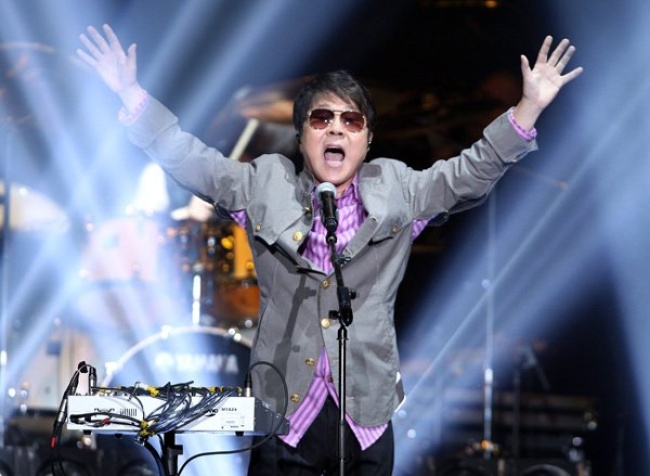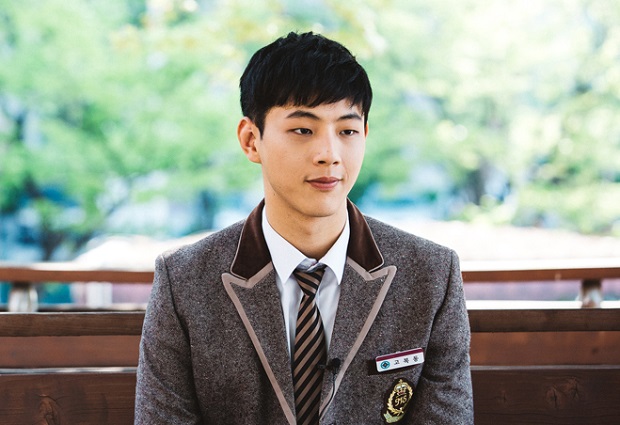When Psy released “Gangnam Style” last year there was absolutely no stopping him, least of all on the music charts in his home country. “Gangnam Style” pretty much wiped the floor, walls and windows with its competition. His follow-up single “Gentleman” was also blessed with its predecessor’s popularity, but its success was somewhat eclipsed by an even greater event: the return of Cho Yong-pil, one of the most prolific and respected musicians in Korea, with his 19th album Hello.
If that name sounds familiar, it may be because of Phantom: last year, the trio released the song “Like Cho Yong-pil,” a move approved by Cho himself. In the song, the narrator is an unsuccessful songwriter ashamed of his inability to provide for his lover; all he has to give is his love, and he vows to love her “like Cho Yong-pil.”
Born in 1950, Cho’s had some time to gain the immense reputation he has. Allegedly inspired by Ray Charles to become a musician as a child, Cho learn the guitar, though his entry into the world of music was as a vocalist with U.S army-catering band Atkins in 1968; a couple of years later he formed the black-artist cover group Five Fingers, but soon after joined ’70s rock band Kim Trio.
His career really came into its own, though, with the release of his début single, “Come Back to Busan Harbor” in 1975. The song was a national success, and even received a positive response in Japan. “Come Back to Busan Harbor” was also featured in Cho’s début album The Woman Outside The Window, which was released a few years later in 1979. The title track of the same name, a ballad, also proved to popular among the Korean public.
That said, that level of support wasn’t evenly spread during that time. In the early ’90s, the rise of K-pop as we know it today (pioneered by Seo Tai-ji) did lead to a diminish in Cho’s own popularity. it was also at this point that the Cho Yong-pil albums stopped becoming a regularity; after his 14th album Sad Beatrice in 1992, releases became more intermittent. Cho released another four albums between then and 2003, following which he went on a ten-year break from the studio. Hello is the first album to be released following that period by the now 63-year-old Cho.
Cho Yong-pil has been described as a “chameleon,” an experimentalist who was always ready to try something new musically. However, I see this more as Cho’s ability to tweak his sound to align itself with the current trend in music without losing its unique flavour. This can easily be seen with Hello‘s two promoted tracks, “Hello” and “Bounce.” The move to modernity is especially pronounced in the pop-rock “Hello:” featuring Verbal Jint and a Lumpens MV, its attempt to appeal to the masses is almost overpowering. But, James Lee McQuown‘s starring turn and the Scott Pilgrim-esque aesthetics, along with the music, make this an enjoyable watch.
Readers, what are your thoughts on Cho Yong-pil?
(Guardian, KBS World, Wall Street Journal, Youtube[1][2][3][4][5])



